Toyota Patents AI That Would Unlock Driving Features, If You're a Good Driver

Your author’s wife has a nasty habit of second-guessing his every move behind the wheel.
From clucking her tongue at too-fast cornering to sharp inhales at too-close passes, to stomping on an imaginary pedal on the passenger side when approaching stopped traffic, she never hesitates to judge driving behaviors.
Toyota realizes that not everyone has access to my wife. Thus they’ve been working on technologies to evaluate your driving skills in real-time, and use those evaluations to determine if and when the autonomous driving features should take the wheel instead. Technologies like this could potentially help with either teen or elderly drivers who can manage in most situations, but potentially aren’t equipped with the skills for certain driving scenarios.
SEE ALSO: 2020 Toyota Corolla Review
This new patent application, from Toyota’s artificial intelligence subsidiary Toyota Research Institute in Los Altos, California, describes a future where the car’s autonomous systems will grade a driver’s skills and abilities and compare them to a theoretically perfect autonomous car. Depending on the score given to the driver, certain capabilities of the car may be restricted. A less-proficient driver might not be able to drive on the freeway, in heavy traffic, in wet or snowy weather, or at night. A maximum speed might be imposed. If the driver is incapable of driving in these situations, the autonomous driving systems will kick in.
This could be a brilliant feature for teen drivers simply getting acquainted with managing the distractions of traffic. Further, elderly drivers who otherwise retain good driving skills and habits might be augmented strictly at night when their age-impaired vision could affect their safe driving.
Recall playing Gran Turismo on your original PlayStation? The game would only allow the player to race in low-powered cars on simple tracks until they worked their way through various licensing steps in order to prove their abilities. Similarly, the autonomous systems described in this patent will constantly evaluate the driver’s skills, adding or subtracting access to various driving capabilities or situations as the driver’s score changes. As the patent application states, these systems allow “a ‘gamification of driving performance,’ without actually turning driving itself into a game.”
While automakers continually strive to make cars as safe as possible, we must ultimately rely upon the loose nut behind the wheel to safely negotiate every potential hazard. Not every driver can do this for every mile they drive. Systems like these envisioned by Toyota Research Institute can help keep drivers driving for themselves most of the time, rather than letting the robots take over forever.
Or you could get a beautiful blonde Ohioan to sit in your passenger seat all the time, arms crossed and lips pursed in not-so-silent judgement. It’s hard to patent her, however.

A lifelong Ohioan, Chris grew up around classic rusty sports cars from Japan and England. He's been covering the automotive industry for nearly 10 years, and is a member of the Midwest Automotive Media Association (MAMA). A family man, Chris drives a Chrysler minivan, and uses his rusty old Miata as a shelf, until the day it is uncovered as a priceless barn find.
More by Chris Tonn














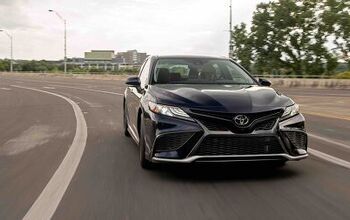
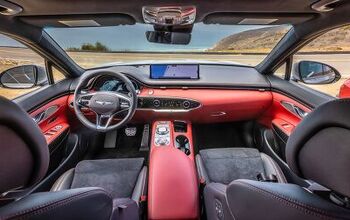


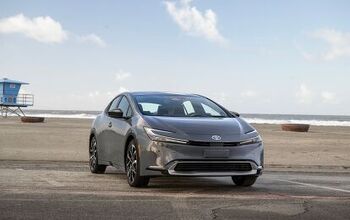

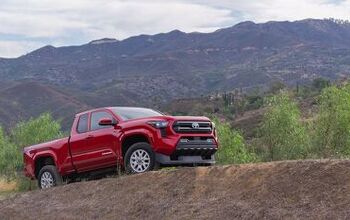

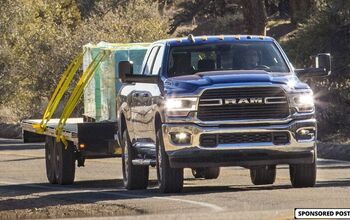








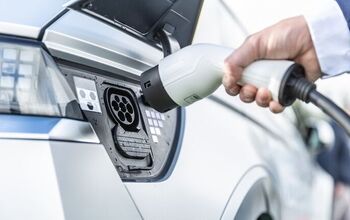
Comments
Join the conversation